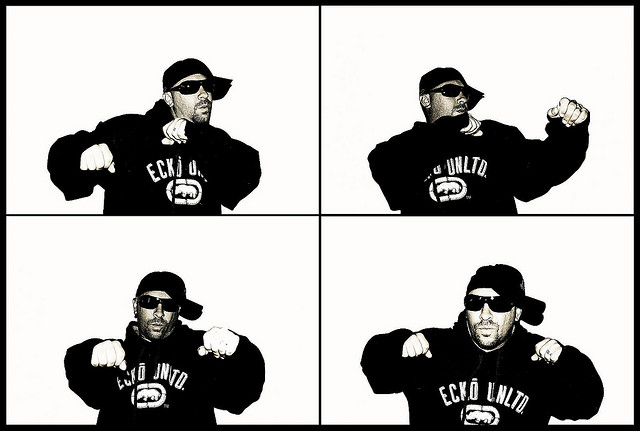Many a great idea, profound insight, or creative vision may have been lost because it was not written down in time—and was then forgotten, sometimes never to be retrieved.
Perhaps you’ve heard the story of the Samuel Taylor Coleridge classic, Kubla Khan. The author had fallen asleep and had experienced vivid and unusual dreams, which he thought would amount to several hundred lines of great poetry. Upon awaking, he eagerly began writing down what he had dreamt about. Then, having been called out by someone on business, he was detained for over an hour. When he returned, he found that he could remember very little of what was so fresh in his mind only a short time ago.
Addressing the subject of the fragility of inspired thoughts, philosopher Arthur Schopenhauer, in his essay, On Noise, asks the following question:
How many great and splendid thoughts, I should like to know, have been lost to the world by the crack of a whip?
Schopenhauer laments noise, particularly unnecessary noise (such as the cracking of whips, which was commonly done by chariot drivers in his day) since it could cause a thinking person to completely lose his or her train of thought.
But it doesn’t require an imposing visitor or an excess of noise to cause a writer to lose a good thought. All that has to happen is for one to get too involved in the mechanics of writing. Proper proofreading and editing are essential, but they should not be done in the beginning. Rather, this is a time for creative flow, for one’s thoughts to come pouring out onto the page. Get them out, and then clean up the grammar, etc. later.
In fact, there’s a way to avoid the tedium of the editing process entirely. Companies such as Papercheck make it possible for writers to write (the fun part) and editors to edit (the not-quite-as-fun-but-still-frightfully-important part). Whether you choose to self-edit or have your documents edited professionally, remember to get it down—edit it later.
